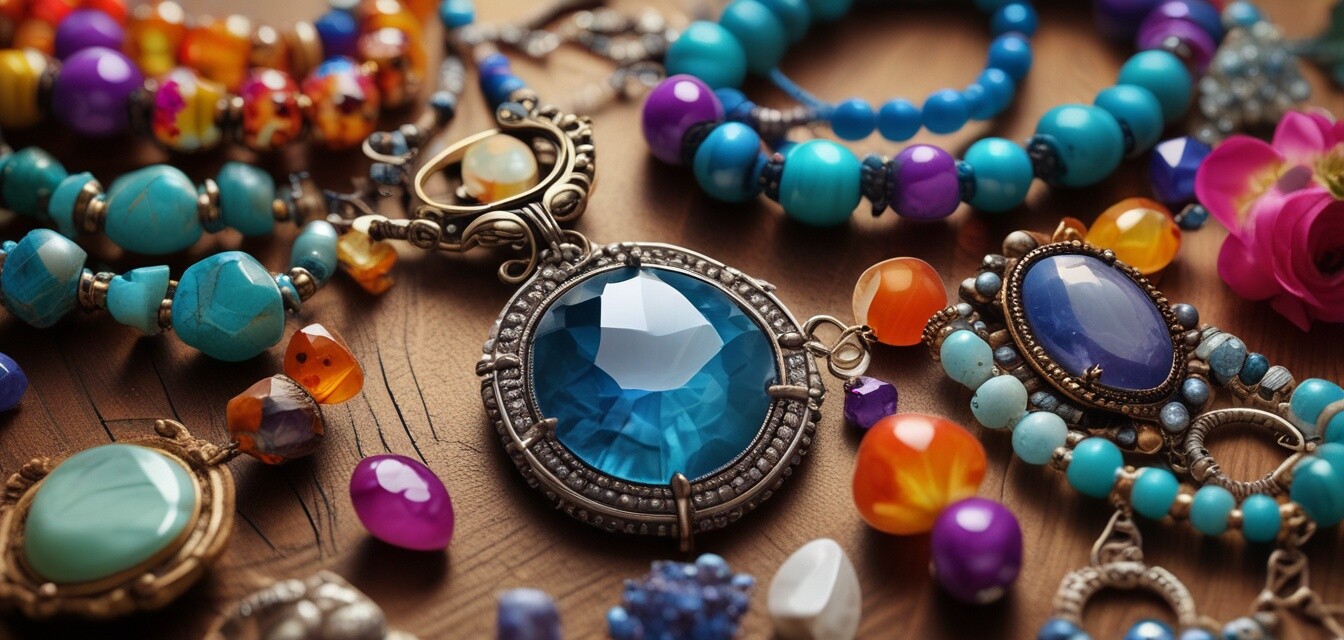
How consumer awareness is driving ethical jewelry
Key Takeaways
- Consumers are increasingly prioritizing ethical practices in jewelry purchases.
- Awareness of the environmental impact of mining is shaping buying decisions.
- Innovative companies are leading the way in sustainable production methods.
- Artisan-crafted pieces are gaining popularity due to their unique qualities and ethical sourcing.
- Certifications and transparency are becoming important factors for buyers.
In recent years, the jewelry industry has seen a significant shift toward ethical practices, largely driven by growing consumer awareness. As shoppers become more informed about the implications of their purchases, many are shifting their focus to brands that prioritize sustainability and social responsibility. This article explores how this change in consumer behavior is impacting the jewelry market and promoting better practices.
The power of consumer awareness
Consumer awareness plays a critical role in shaping market trends. Today's customers are more informed and concerned about the origins of the products they purchase. In the context of jewelry, this has led to several notable changes:
- Education: Consumers now have access to information about ethical sourcing, the environmental impact of mining, and the importance of supporting artisans.
- Demand for transparency: Many buyers seek brands that provide detailed information about their supply chains and sourcing practices.
- Preference for sustainability: More shoppers prefer to spend their money on products that align with their values and promote eco-friendly practices.
Shifting industry practices
The growing demand for ethical jewelry has forced many companies to adapt their strategies. Here are some ways the industry is evolving:
| Change | Description |
|---|---|
| Increased ethical sourcing | Many brands are now prioritizing stones and materials from ethical sources, ensuring minimal environmental harm. |
| Support for artisans | Artisan-crafted jewelry is gaining popularity, with consumers recognizing the skill and effort that go into each piece. |
| Sustainable production methods | Innovative techniques are being implemented to reduce waste and energy consumption in the jewelry-making process. |
Growing popularity of artisan jewelry
One trend that stands out is the rise of artisan jewelry. With increasing consumer awareness, shoppers are gravitating towards unique pieces created by skilled artisans rather than mass-produced items. This shift not only supports local economies but also encourages creativity and diversity in design.
Artisan jewelry benefits
- Unique designs that tell a story
- Support for local communities
- Quality craftsmanship with attention to detail
Importance of certifications
As consumers seek assurance about the ethically sourced nature of their jewelry, certifications are becoming increasingly important. Here are some reputable certifications buyers should look for:
| Certification | Description |
|---|---|
| Fair Trade | Guarantees that artisans and producers receive fair compensation for their work. |
| Responsible Jewelry Council | Promotes responsible sourcing of gemstones and metals while prioritizing human rights. |
| Conflict-Free Certification | Assures that materials used are sourced without funding violence or conflict. |
Conclusion
The jewelry industry is witnessing a transformation as consumer awareness drives a shift towards ethical practices. From demanding transparency and supporting artisans to embracing sustainable sourcing, these changes reflect a broader awareness of social and environmental issues. As this trend continues, it will undoubtedly shape the future of jewelry, encouraging brands to adapt and innovate.
Tips for Supporting Ethical Jewelry
- Research brands and their sourcing practices before making a purchase.
- Look for certifications that guarantee ethical production.
- Consider supporting local artisans to promote community well-being.
- Share information with friends and family to raise awareness about ethical jewelry.
Pros
- Supports ethical practices and artisans.
- Unique and customizable pieces.
- Environmentally friendly production methods.
Cons
- Higher cost compared to mass-produced jewelry.
- Limited availability of certain styles.
- Longer production times for custom pieces.
For more insights and articles on ethical gemstone jewelry, check our News and Trends section. Explore additional categories like Artisan Rings and Eco-Conscious Jewelry Sets to find more sustainable options that resonate with your values.